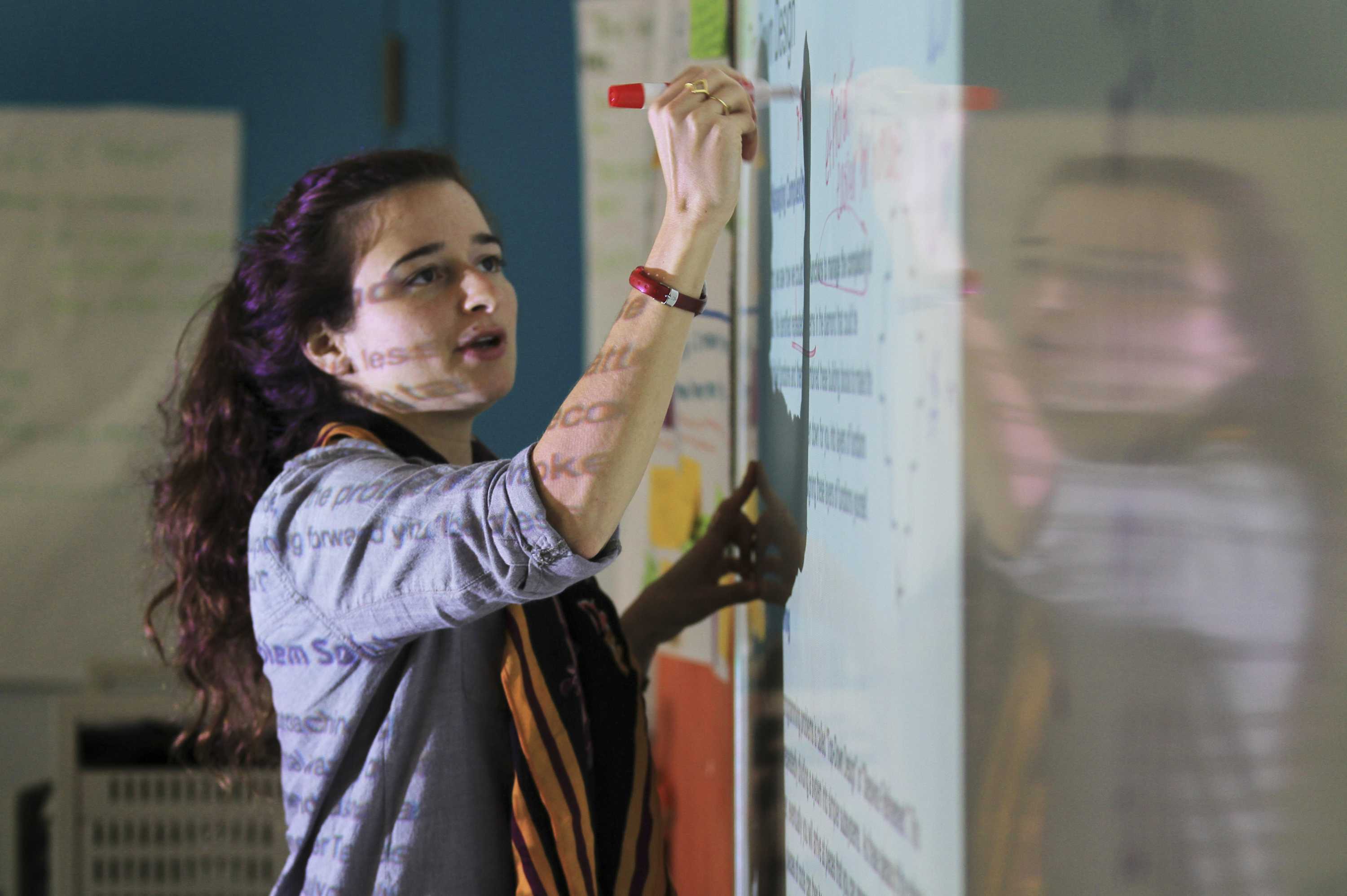The California Mathematics Readiness Challenge Initiative (CMRCI) was awarded two-year, $1.28 million grants to four California State University campuses on Friday, Oct. 28.
According to an article on the CalState website, the grants will ensure college-level readiness for high school seniors and support the success of the CSU’s Graduation Initiative 2025.
Administered by the California Department of Education, campuses will partner with local K-12 school districts, non-profit agencies, and community colleges in order to provide high school teachers with a more in-depth knowledge of mathematics.
“The CSU faculty at those four campuses will be training teachers and principals in their local school district,” CSU spokesperson, Elizabeth Chapin, said. “Then they take this knowledge back to the classroom.”
She stated that the funds will be used for teachers to have opportunities for collaboration and leadership skills by sharing practices with peers and higher education colleagues.
According to Chapin, the grant funds came from the Improving Teacher Quality State Grants Program, which is a federal program established under Title II, Part A of the No Child Left Behind Act of 2001.
“Each program is different,” she said. “It depends on the grant proposal.”
In hopes to increase 12th graders’ math education, teachers will then be highly qualified and be able to implement an effective lesson at a college-level.
The CMRCI grant recipients are California State University Monterey Bay, Sacramento, San Bernardino, and San Diego. Chapin said it was an ongoing US Department of Education program. However, she could not speculate as to whether or not more CSU campuses will receive the grant in the future.
With the new grant that’s being provided for high school seniors, students at CSUN are beginning to realize that they were not at all prepared themselves.
Transfer student and journalism major, Vivian Nguyen, believes she was not ready for college math. In high school, she was only taught the basics for everyday life, such as algebra.
“College math is calculus and statistics, which is more related to your career or major path,” she said. “But I don’t think college freshmen are even prepared because they have to end up taking prerequisite math classes in order to take a math course counted towards their degree units.”
Sociology major, Jensylle Flores, said she went to a good high school, but taking college math courses was difficult for her.
“I feel like I was not prepared because of the material we were learning,” she said. “It was more difficult than the ones we had in high school and the material stopped at a certain level.”
Flores believed they were either prepared or not prepared at all. She said it was only for the simple reason that they could have family members or friends in college who can inform them of the curriculum, while others did not have that advantage.
Despite not having the qualified education for college-level math, Flores thought it was also really up to the student.
“It’s on you to understand,” she said. “The professor is there to teach you and then it’s really on you to ask questions.”


















